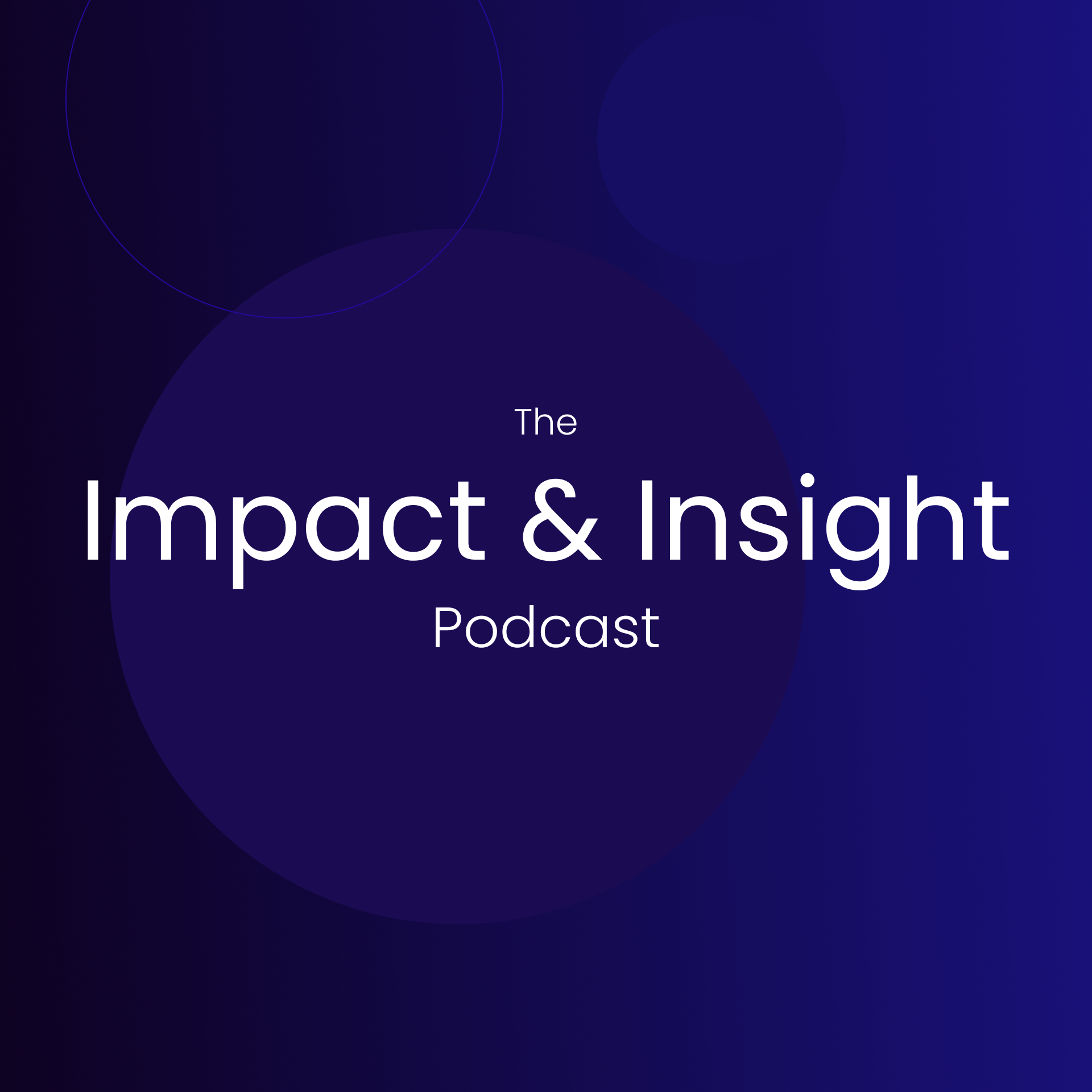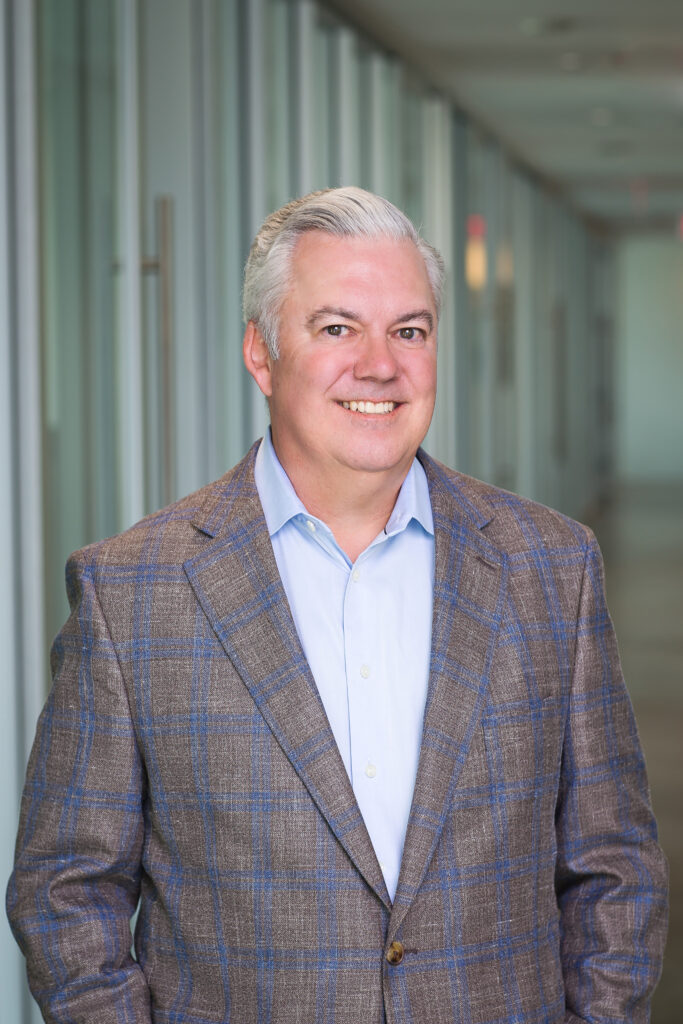
The National Alopecia Areata Foundation (NAAF) serves the community of people affected by an autoimmune skin disease called alopecia areata that results in hair loss and emotional, psychological distress.
Alopecia areata causes hair loss on the scalp, face, and sometimes on other areas of the body, affecting as many as 6.8 million people in the U.S., with a lifetime risk of 2.1%. The types of hair loss can be patchy (alopecia areata), complete loss of hair on the scalp (alopecia totalis), or, in extreme cases, the entire body (alopecia universalis). NAAF is a 501(c)(3) nonprofit organization founded in 1981.
NAAF’s work with and for the community of people affected by alopecia areata – including the family, friends, medical professionals, research scientists, biopharmaceutical developers, and government representatives who care about them – is informed by a Vision that articulates organizational aspirations and five Core Values that guide their work to carry out NAAF’s Mission.
Vision: An empowered community with a choice to embrace or live free from alopecia.
Mission: NAAF drives research to find a cure or acceptable treatment for alopecia areata, supports those impacted, and educates the public about the disease. Values – Helping the alopecia community lead their lives with GRACE.
Growth: Create and nurture positive change for the future of our community
Resilience: Enhance the ability to mentally and emotionally cope with adversity
Advocacy: Wield influence to create awareness and affect real change
Compassion: Listen to understand and demonstrate care through meaningful support
Empowerment: Build strength and confidence through connections, tools and resources
Governance: NAAF is governed by a volunteer Board of Directors, with advice from Research Advisory Councils and leading Key Opinion Leaders.
NAAF consistently meets or exceeds the rigorous standards of excellence for good governance and transparency set forth by the National Health Council, the Better Business Bureau Wise Giving Alliance, and Candid. Programs –NAAF staff members serve constituents in three primary program areas: patient and community support, awareness & advocacy, and research to find treatments or cures.
Staff Team Culture Statement
The NAAF staff is a community-centered team that values integrity and respect in all our interactions. We actively collaborate to leverage our diverse strengths and perspectives. We have high aspirations for ourselves, our team and our community. We are bold and resourceful, approaching challenges with courage. We care deeply about our work and the people we serve. Our remote workplace thrives through accountability and responsiveness. We are committed to learning, to being proactive, and to remaining nimble so we can adapt quickly to changing circumstances and new opportunities. Our commitment to this team culture empowers our success and brings joy and meaning to the work we accomplish on behalf of our community.
The Position: President & Chief Executive Officer (Remote)
The President & CEO has full responsibility and accountability for NAAF’s success. This executive will provide leadership, working in partnership with the Board of Directors, to formulate and pursue the Vision and Mission of NAAF, as expressed through annual and strategic plans. They will provide overall direction of internal and external policy and program development and oversee all NAAF operations.
The President & CEO will serve as the chief spokesperson for NAAF and primary liaison with outside stakeholders. This executive will also be responsible for developing key revenue streams to support approved programs, in partnership with NAAF’s growing development team. The President & CEO holds office at the pleasure of the Board of Directors. This executive will have the power to designate, appoint, or remove agents or employees of NAAF.
Specifically, they will:
• Lead NAAF with a clear vision, mission, values, strategies, and goals. Serve as the “face” of the organization and the main advocate for patients with alopecia areata, community members, and key industry stakeholders.
• Lead development of NAAF’s 3-Year Strategic Plan in collaboration with the Board of Directors, Executive Team, and with significant input from the medical, scientific, and NAAF community at large. Ensure execution of each plan to achieve agreed-upon outcomes and metrics.
• Develop growth strategies for NAAF at the national level; in partnership with the Board, determine NAAF’s role internationally, as the largest alopecia areata patient advocacy organization in the world.
• Take primary responsibility for setting strategy around fundraising and new revenue streams, in conjunction with the Chief Growth Officer (CGO). Directly responsible for fostering relationships with large donors, industry partners, and major corporations.
• Provide visionary leadership and collaboration for NAAF’s growing development programs, including growing the Walk for Alopecia into a multi-million-dollar annual event and increasing the number of donors making higher dollar gifts to NAAF.
• Provide visionary leadership and collaboration with NAAF’s Chief Mission Officer (CMO) to set strategy around research and development, in conjunction with the NAAF’s medical and scientific Key Opinion Leaders (KOLs), industry partners, and pharmaceutical companies to ensure that safer, more affordable, accessible and acceptable treatments continue to be available in the near future.
• Participate as an alopecia areata KOL at various meetings, forums, panels, and webinars, largely in partnership with pharmaceutical companies and medical groups.
• Travel and represent NAAF at various medical-related meetings, e.g., NHC, AAD, EADV, as appropriate and in conjunction with appropriate staff.
• Lead an Executive Team made up of a Chief Operating Officer (COO), CGO, and CMO, overseeing the strategy and execution of each functional area of the organization. Oversee and approve all hires; mentor, motivate, coach, develop, and inspire all staff. Provide positive leadership, direction, and guidance. Create and nurture an environment of diversity, inclusion, and belonging where all staff feel like they are appreciated, valued, and inspired to be the best versions of themselves, perform at a high level, and realize their full potential. Embrace and embody the values reflected in the Staff Team Culture Statement (below).
• Provide strategic direction on awareness, advocacy programs, and invest in growing NAAF’s new advocacy structure and achieving key advocacy metrics.
• Responsible for the overall operation of NAAF, including implementing policies and practices to strengthen the internal organization of NAAF. Ensure compliance with all NAAF’s established policies and procedures.
• Accountable for financial results, compliance, and overall financial management with oversight from NAAF’s Finance Committee, Chair, Finance Committee, and Board of Directors. Develop and monitor the annual budget and routinely report to the Board and Finance Committee regarding the state of NAAF’s finances, operations, and programs.
• In conjunction with the COO, prepare all materials for the Board of Directors. In conjunction with the CMO and CGO, prepare for and participate in Research Advisory Council meetings, Industry Partner Program (IPP), and research-related meetings, assisting the Mission team as needed and required.
• Partner with Board Chair and Executive Committee on Board Development to increase and empower the Board’s role in governance, networking, and revenue generation.
• Provide strategic direction, planning, and oversight of the annual NAAF Conference, including input on key presenters and sponsors and other related matters with the CMO and COO.
• Execute such other general responsibilities as may be delegated by the Board, Finance, Governance, and Audit Committees.
• Regular travel is to be expected: attendance at events, meeting with donors, presentation & speaking engagements, etc.
The new Chief Executive Officer will ideally have 15+ years of experience in health-related association management or related activities. They will be an inspirational and strategic leader with expertise in negotiating, consensus-building, and problem-solving.
This executive will have excellent analytical, communications, and interpersonal skills and established writing and public speaking ability. The new CEO will be highly motivated and creative, with a solid work ethic, sound judgment, and ability to handle pressure well. Persistence, persuasiveness, and perseverance are essential. A good sense of humor is a plus.
They will have an open, collaborative, and “roll-up-the-sleeves” management style that focuses on developing, engaging, and empowering colleagues and the broader NAAF community. This executive will also possess well-developed leadership, communications, teambuilding, and influencing skills; unquestioned integrity; and the experience, confidence, and stature to effectively lead an organization.
Other qualifications include:
• CEO or “ready now CEO” of similar sized or larger non-profit organization. Track record of effectively leading through growth and change.
• Successful track record in creating and implementing successful fundraising strategies, including ownership of individual solicitations, grants, sponsorships, and contracts, and ideally, strong familiarity with growing successful peer-to-peer programs.
• Strong track record leading, motivating, and engaging a team where all staff feel appreciated, valued, engaged, and are operating at their very best.
• Experience working on public policy initiatives with national health-related organizations.
• Experience effectively interfacing with, and deriving strategic and program objectives from researchers, physicians, and professionals with technical expertise.
• Track record of successfully interfacing with a diverse volunteer Board of Directors.
• Strong experience and knowledge of the US healthcare industry, including profit and not-for[1]profit organizations.
• Willingness and ability to travel (primarily nationally) as necessary to develop relationships with corporate, pharma, and health industry leaders, the NAAF staff, and the larger alopecia areata community.
• Comfortable with Microsoft office suite and familiarity with utilizing CRM programs such as Salesforce.
• An undergraduate degree is required; an advanced degree such as an MBA, MS or related graduate degree is preferred.

















